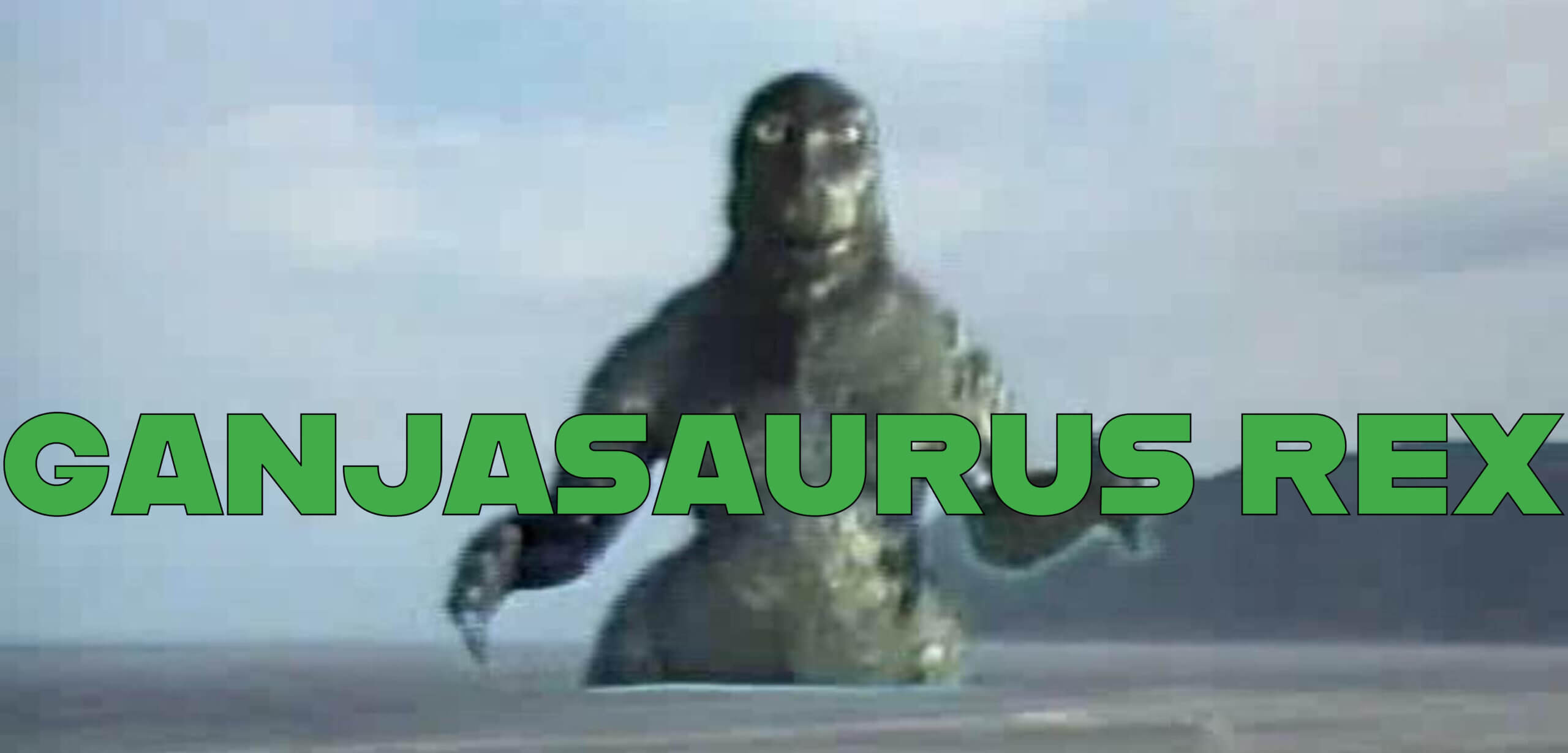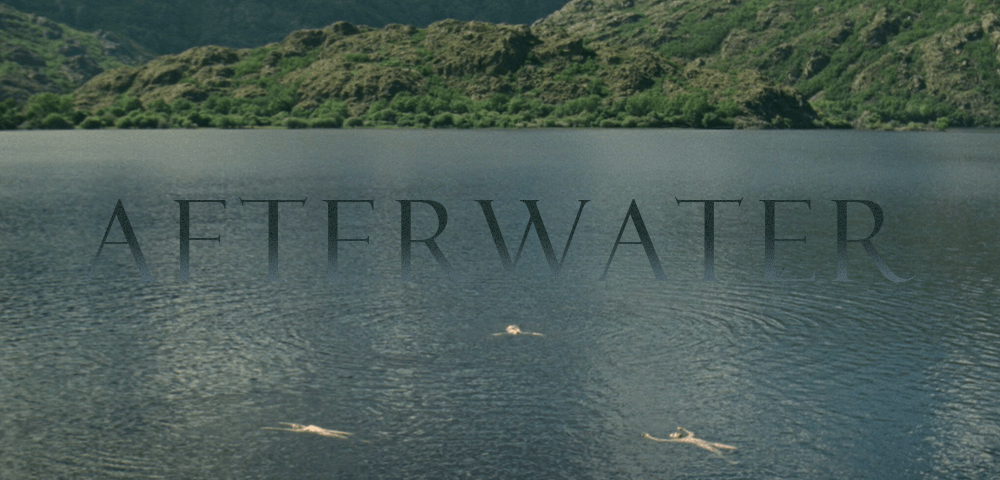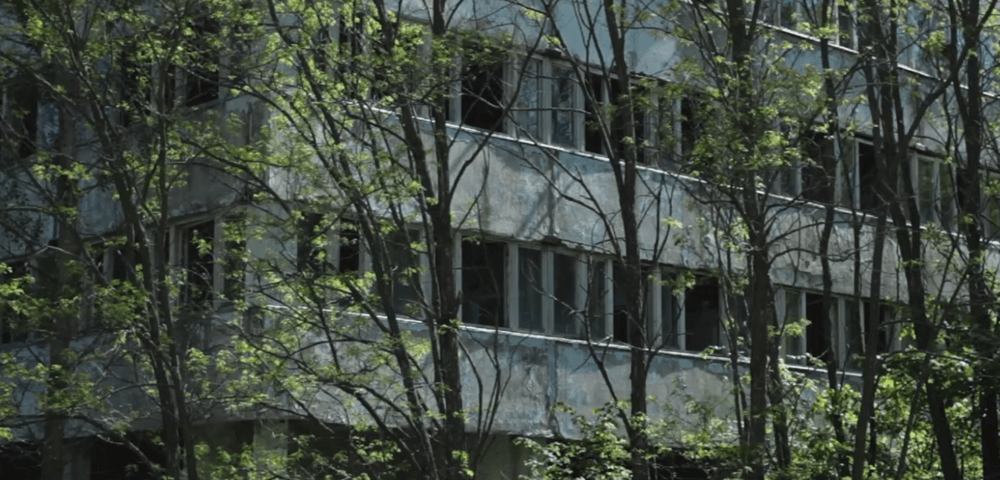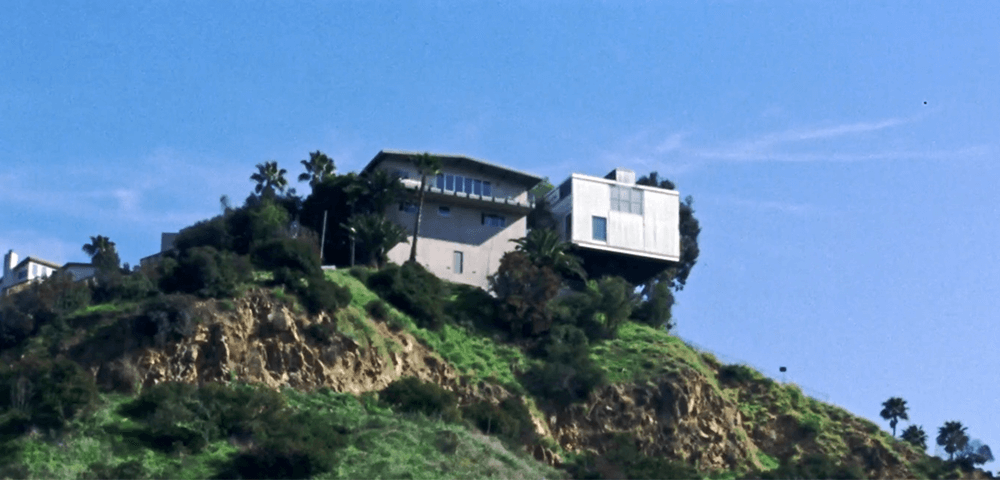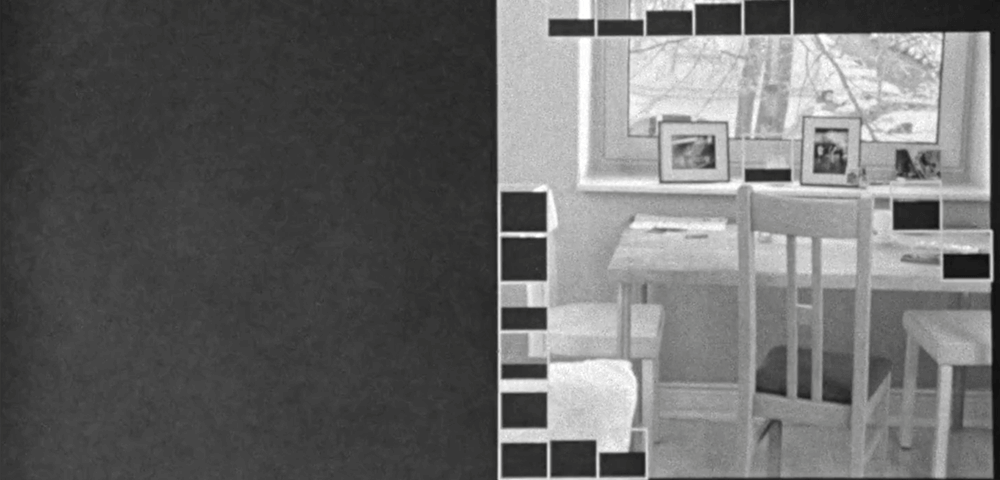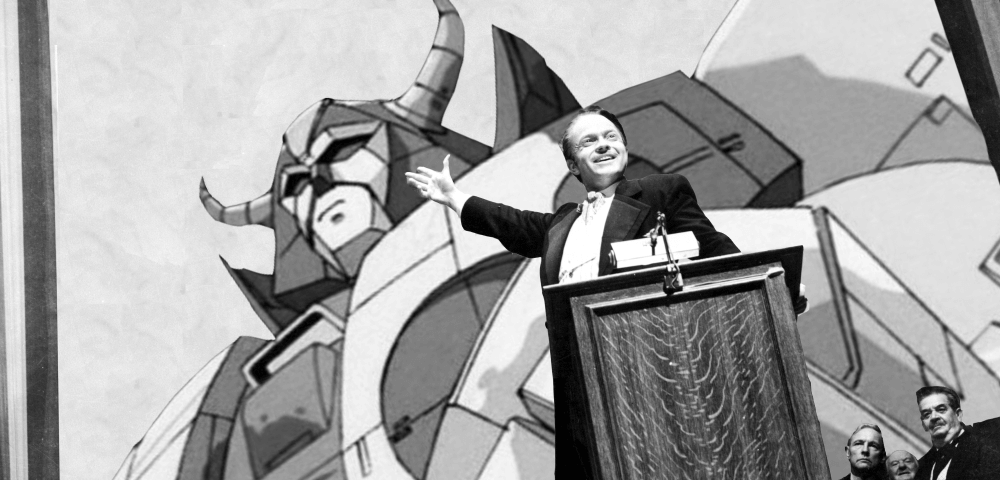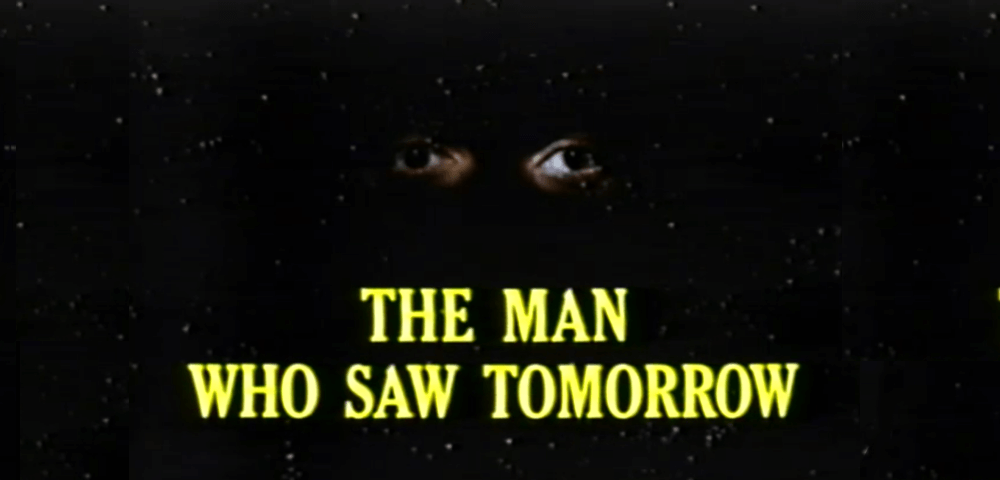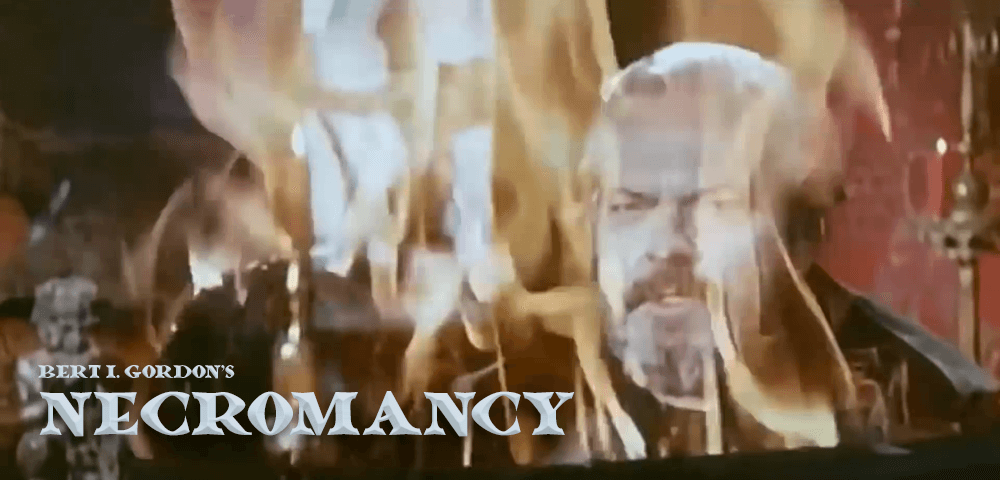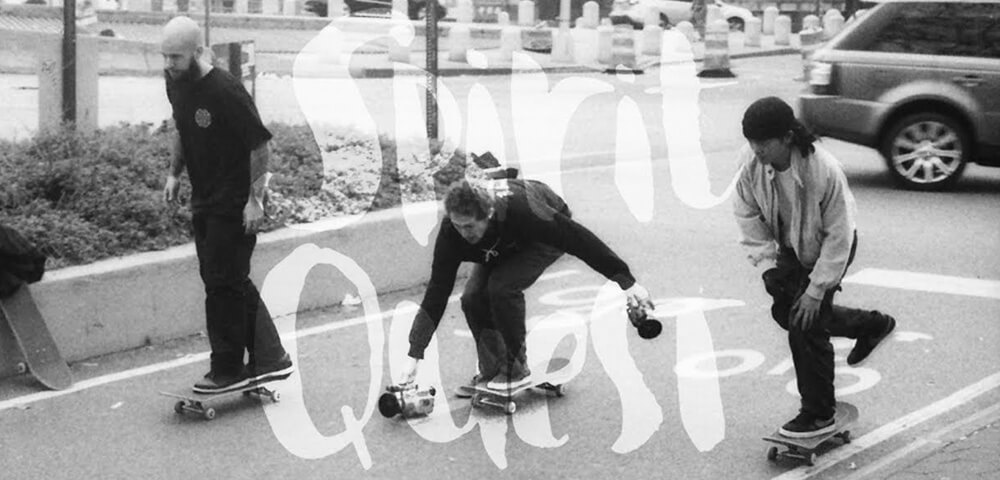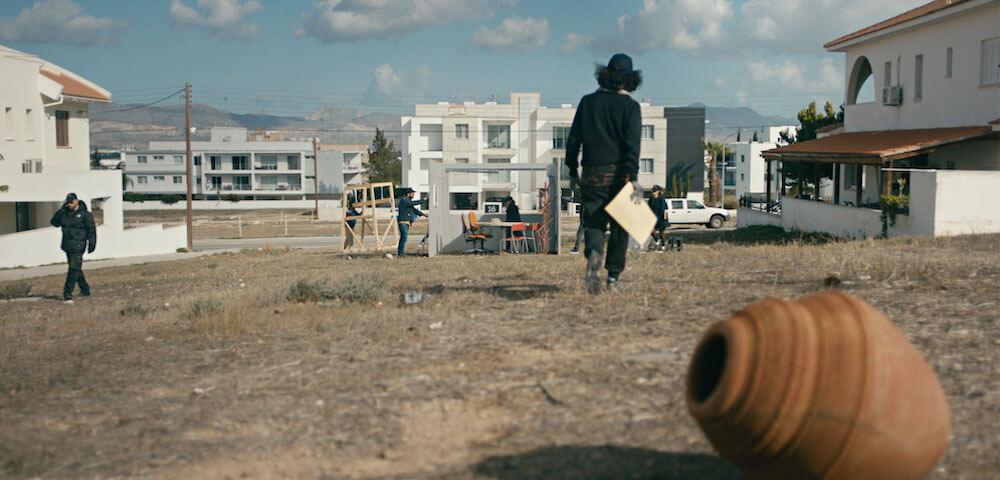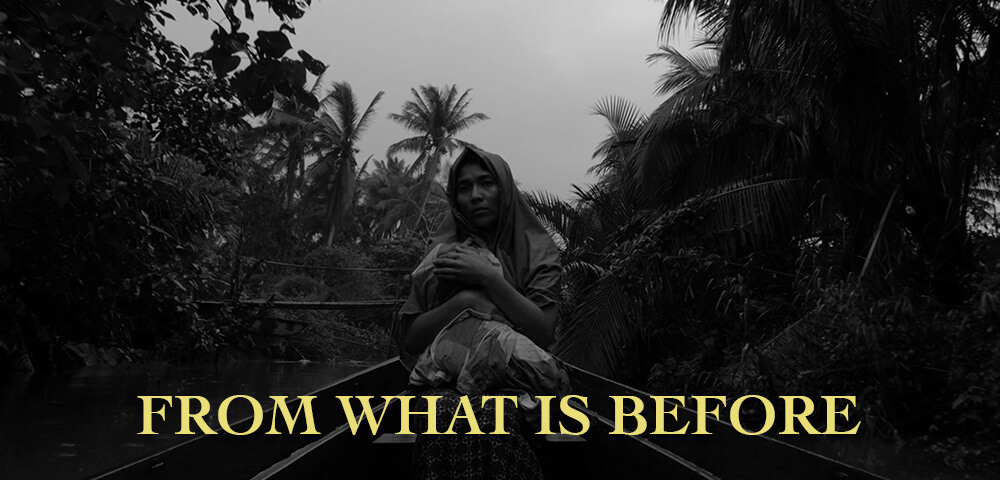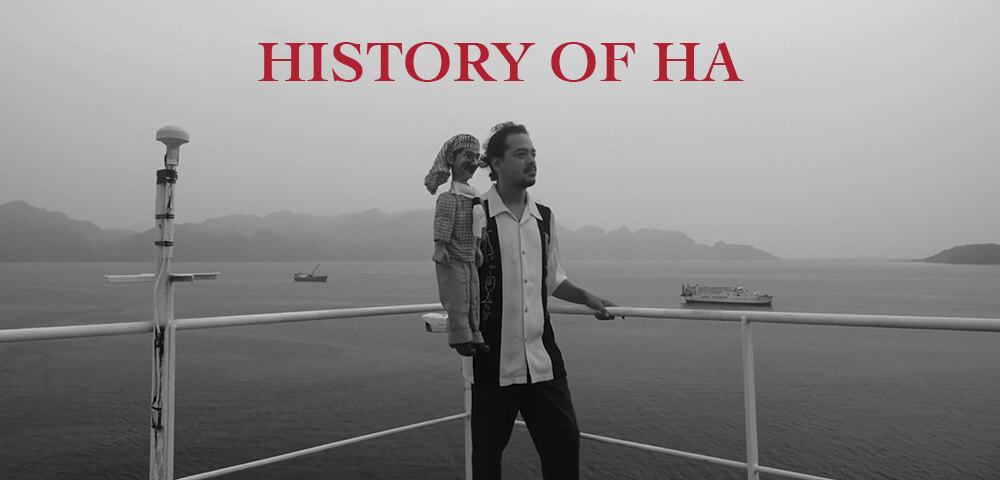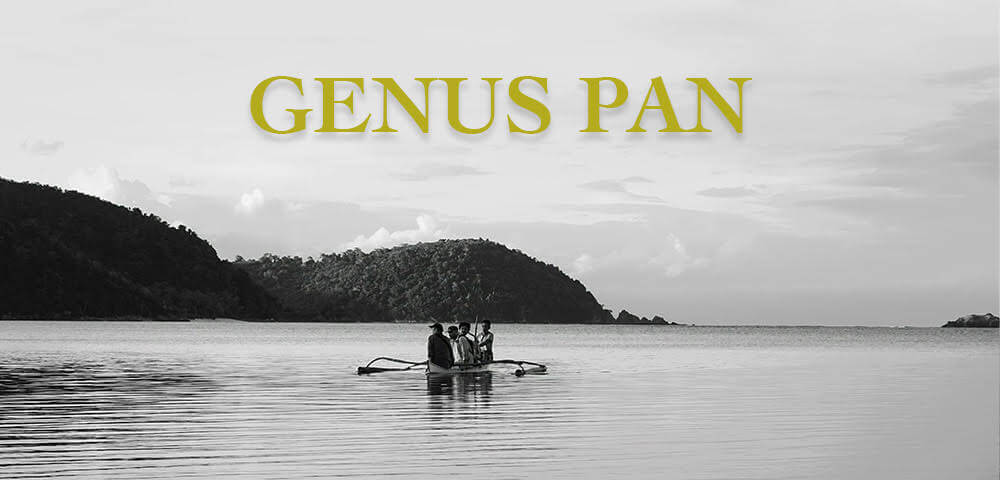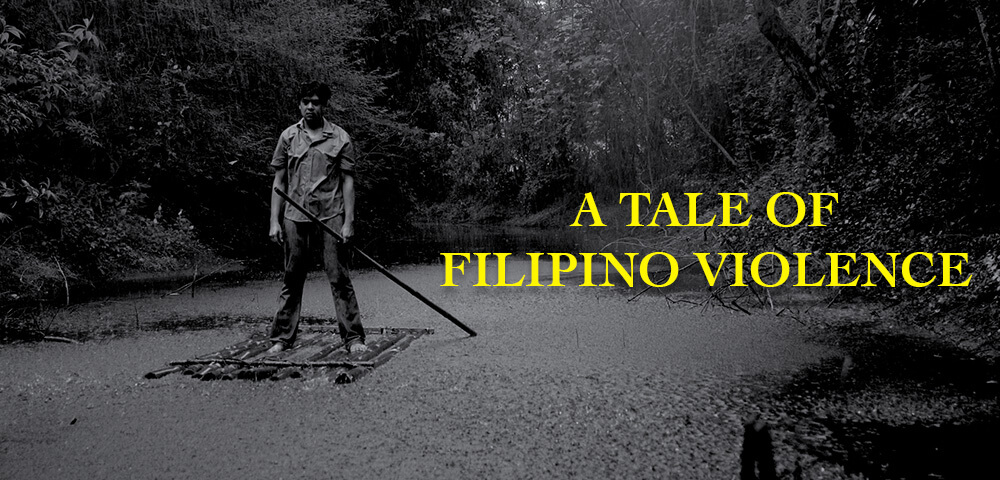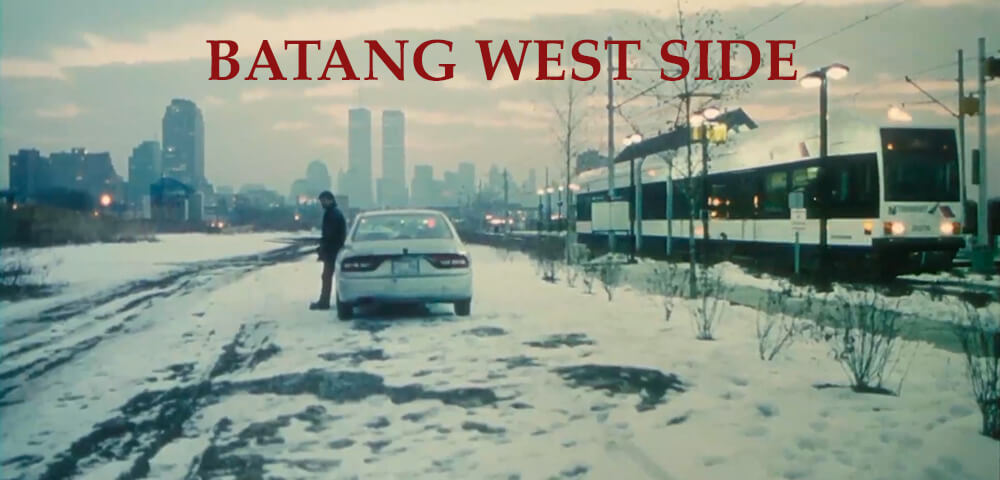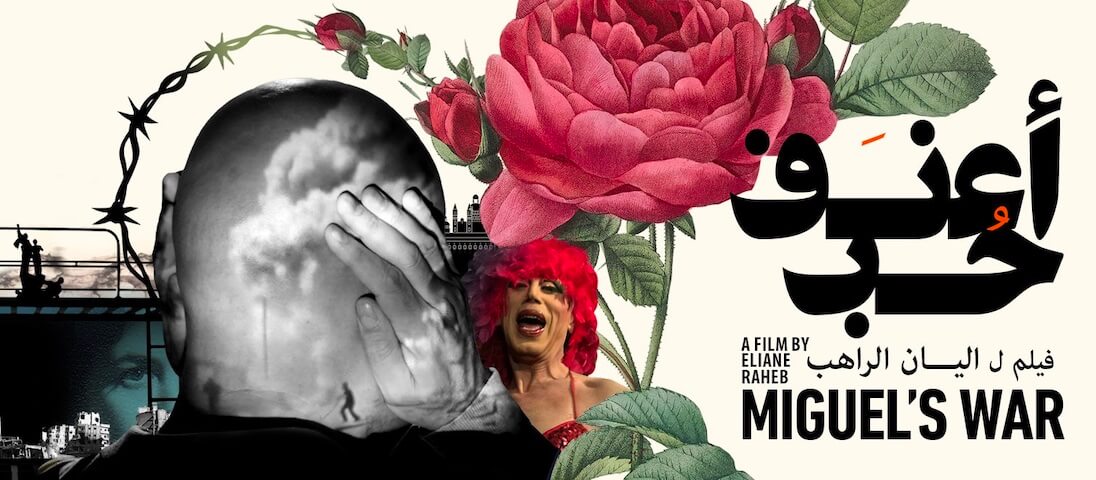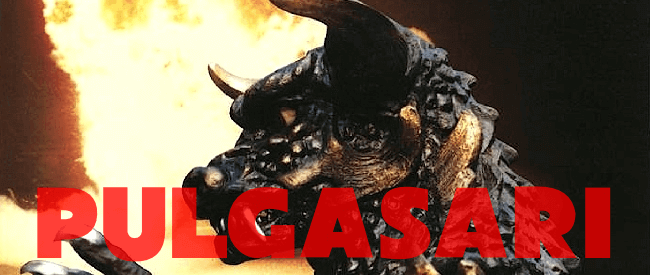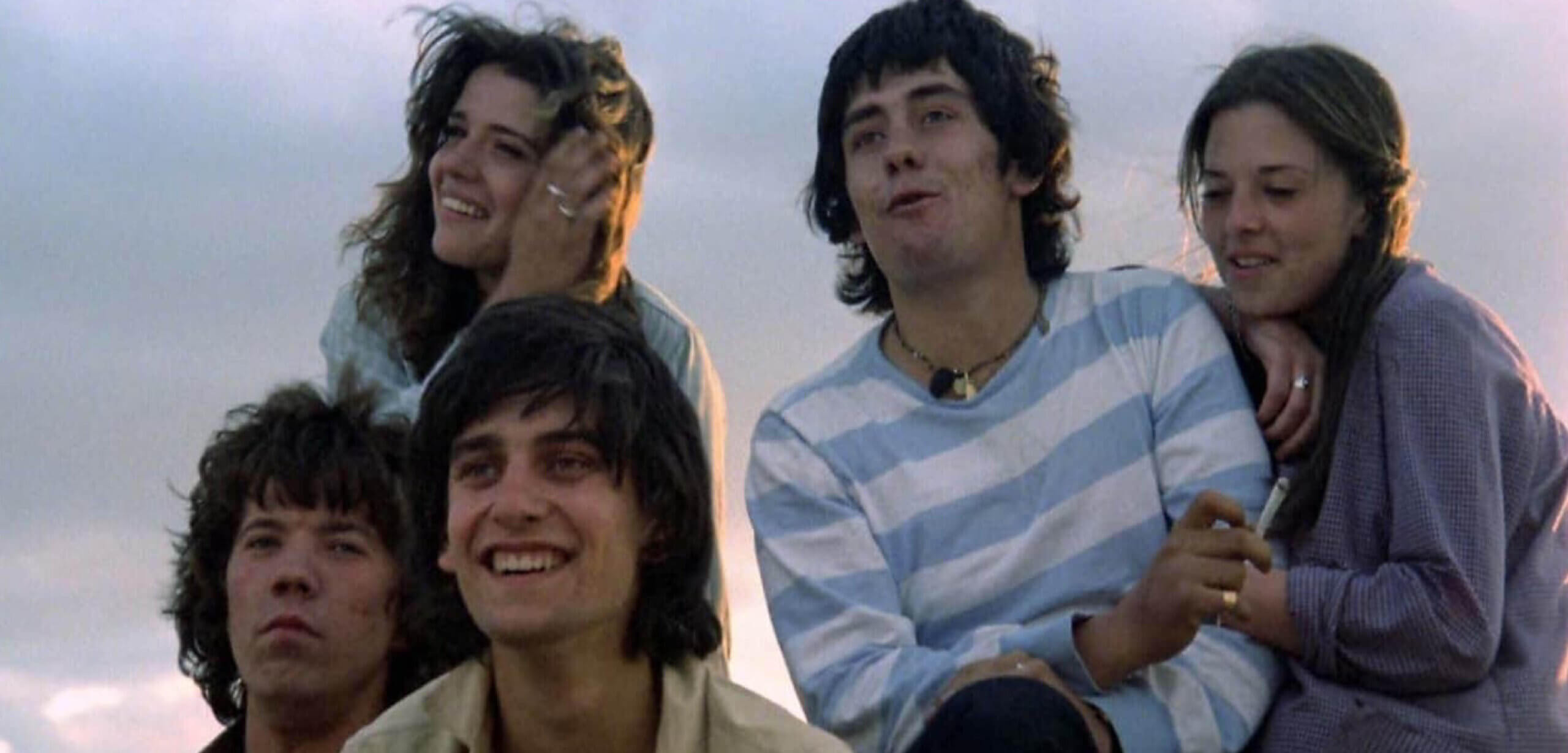
Haga clic aquí para ver una versión en español de esta página.
In 1975, after nearly four decades of Franco’s dictatorship, Spain began to transition into democracy. The most popular cultural boom was the “Movida Madrileña”— a movement that spoke to the creative freedom of the newly flourishing democracy. From opaque repression to a counter-cultural revolution, the main factors left damaging after-effects in the precarious outskirts of big cities: STDs, juvenile delinquency, and drug addiction.
This phenomenon was fictionalized in film by directors such as José Antonio de la Loma and Eloy de la Iglesia, who street casted underage criminals and created alternative narratives, in what would be coined as “Cine Quinqui.” The term “Quinqui” (pronounced “Kinky”) would come to suggest a fearless youth that stole and killed (if necessary) for a living, falling into the vicious cycle of criminal justice provoked by a failed legal system.
The soundtrack to this struggle, both inside and outside of cinema, was in the form of “Rumba Catalana” or the gypsy rock flamenco revolution. These sounds guide the aimless lives of the characters in DEPRISA, DEPRISA by Carlos Saura (who sadly passed away last month), and YO, EL VAQUILLA by José Antonio de La Loma and José Antonio de la Loma Jr.— the first two selection in our cursory survey of 1980s Cine Quinqui. In their study of malpractice and marginality, these films are indicative of Spain’s hobbled transition into democracy.
Decades later, in 2008, the housing burst caused one of Spain’s steepest financial crises, and one of its most wounding results was youth unemployment. In 2010, Yung Beef, the “father of trap” in Spain, released his first song — where he rapped about his life as a drug dealer, his success with women, and compared himself to El Pirri — one of the most (in)famous criminals De la Iglesia ever filmed. Trap in Spain would become much more than a specific music genre, it would turn into a movement, like the “Movida Madrileña” itself, where young artists, full of rage and voice, would create music in completely polar genres under the same scene.
All of this led to the rebirth of the “Quinqui” aesthetic now rebranded “Neo-Quinqui.” At the forefront of this cultural reinvention stands Carlos Salado, whose debut feature CRIANDO RATAS accrued millions of views on YouTube and marked the widespread interest in Cine Quinqui’s representation of financial, sexual, and drug-related precariousness in present-day Spain. Though these artistic renditions of lives driven by destitution have been heavily criticized for decades, they remain representative of cultural identities constructed in response to government shortcomings generation after generation.
To kick off our series, NYU KJCC will be hosting a Q&A between filmmaker Carlos Salado and co-programmer Casilda García. To find out more, please visit the following link.
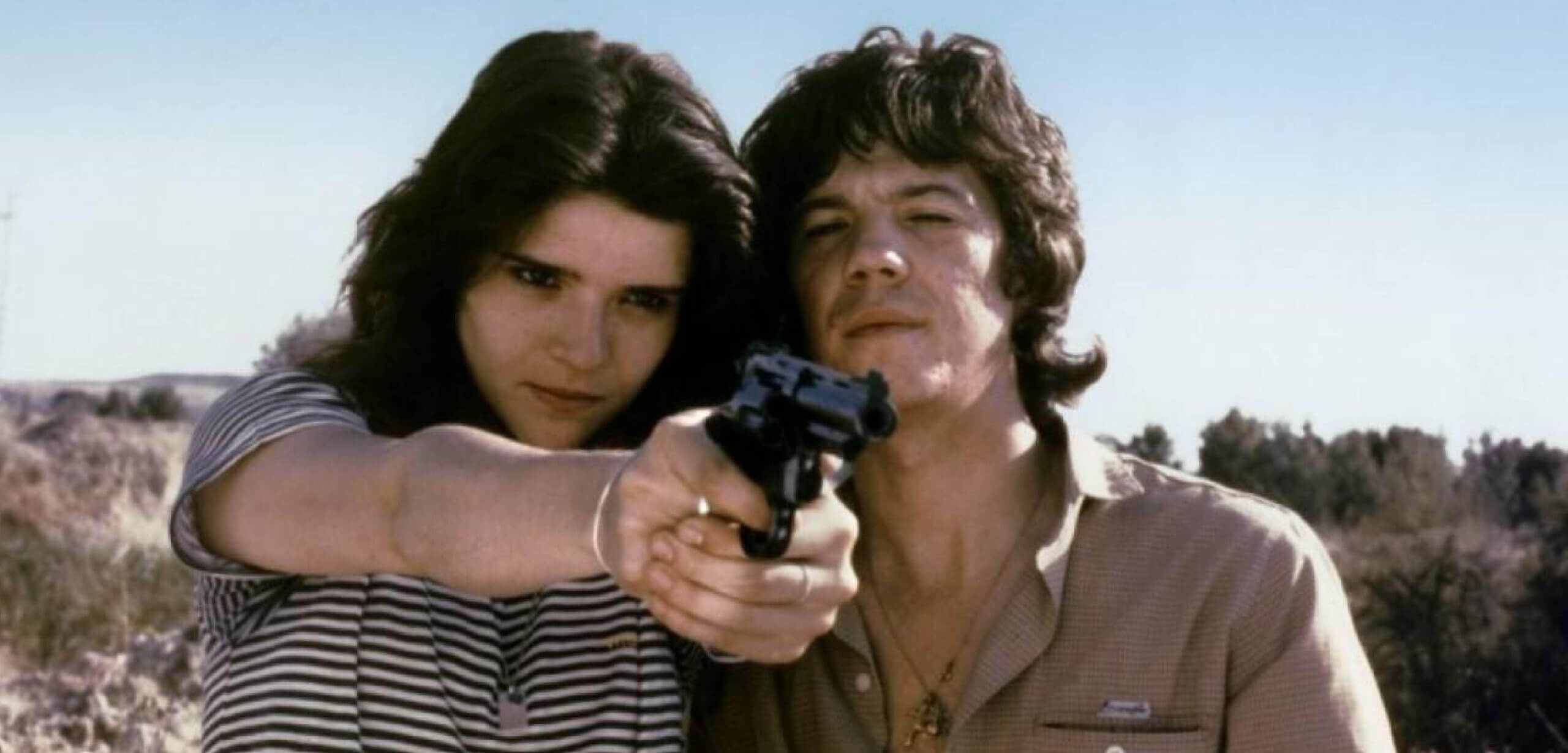
DEPRISA, DEPRISA (FASTER, FASTER!)
dir. Carlos Saura, 1981
Spain. 99 min.
In Spanish with English subtitles.
MONDAY, APRIL 3 – 7:30 PM
WEDNESDAY, APRIL 12 – 7:30 PM
TUESDAY, APRIL 18 – 7:30 PM
SATURDAY, APRIL 29 – 5 PM
GET YOUR TICKETS!
DEPRISA, DEPRISA (1981) traces the burgeoning romance between Pablo, a disaffected teenage thief, and Angela, an intrepid young bartender, against a life of crime. Directed by the recently deceased Carlos Saura — whose films perceptively embodied the latent frustration pervasive across Spain during its transition to democracy — DEPRISA, DEPRISA won the Golden Bear at the 1981 Berlinale, and stands out as one of the master-filmmaker’s most down-to-earth and affecting works. The flamenco soundtrack serves as the driving force of the film, with exciting scenes to the rhythm of artists such as Lole y Manuel and Los Chunguitos.
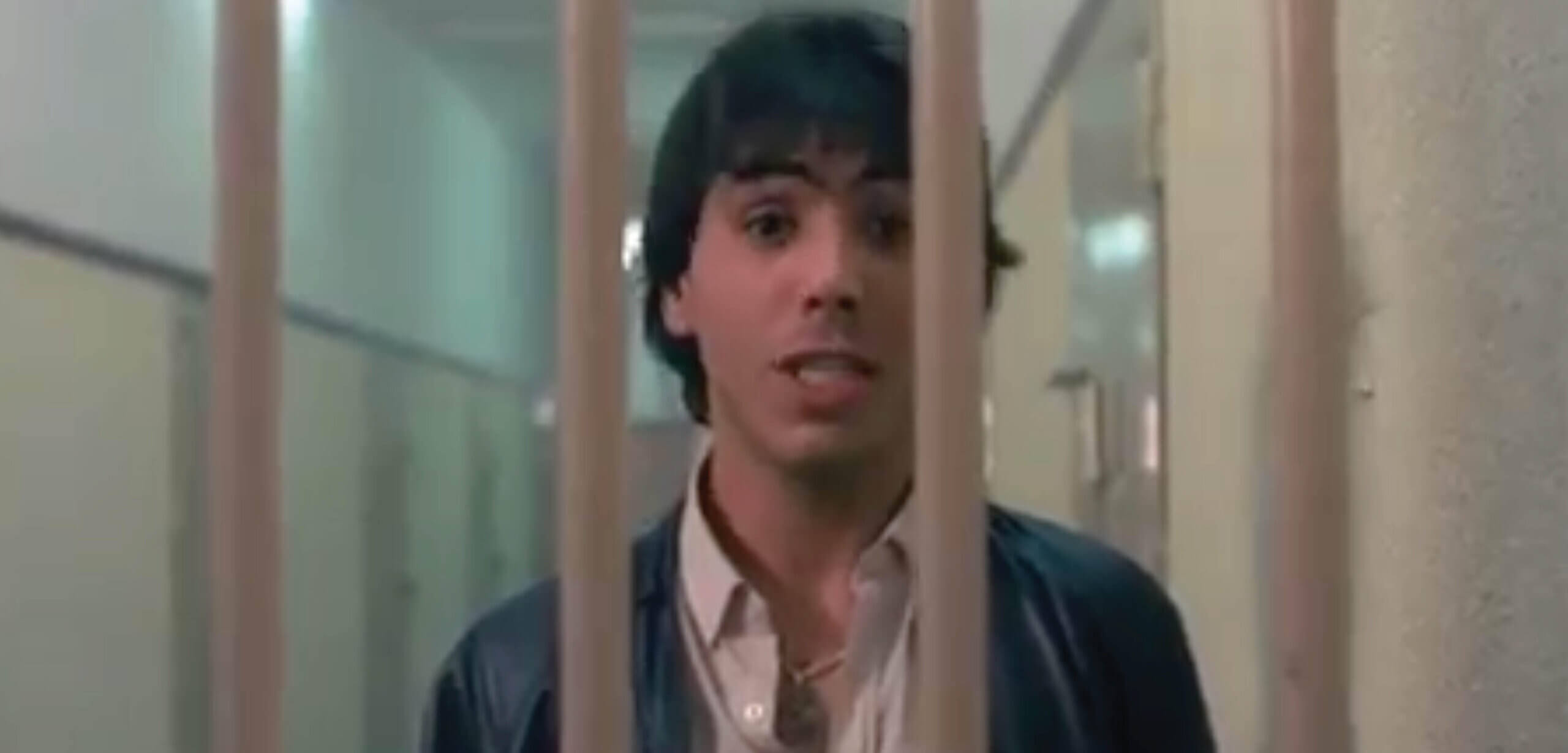
YO, ‘EL VAQUILLA’ (I, ‘THE HEIFER’)
dir. José Antonio de la Loma & José Antonio de la Loma Jr., 1985
Spain. 104 mins.
In Spanish with English subtitles.
WEDNESDAY, APRIL 5 – 7:30 PM
TUESDAY, APRIL 11 – 7:30 PM
MONDAY, APRIL 24 – 10 PM
SATURDAY, APRIL 29 – 7:30 PM
GET YOUR TICKETS!
Based on the life of Juan José Moreno Cuenca (aka ‘The Heifer’) –– who makes a brief appearance in the film –– YO, ‘EL VAQUILLA’ recounts the storied criminal efforts of one of Spain’s most notorious delinquents of the 1970s.
Following up on the success of José Antonio de la Loma’s STREET WARRIORS Trilogy — a series of films that became popular for their lavish fictionalization of Quinqui culture — this collaboration with his son sees the famed Spanish filmmaker stick closer to reality, building a case against institutionally-engendered injustices from the perspective of its eponymous anti-hero. In some ways, the film could be considered a success story for ‘El Vaquilla,’ as the adaptation assisted in creating a more compassionate outlook toward individuals stuck in similar circumstances as its lead. The film’s popularity is also reflected in its soundtrack by Los Chichos, a “Rumba Canalla” classic that led the band to perform across the country, including before the prisoners of Penal de Ocaña where ‘El Vaquilla’ tells his life-story from in the film from behind bars.
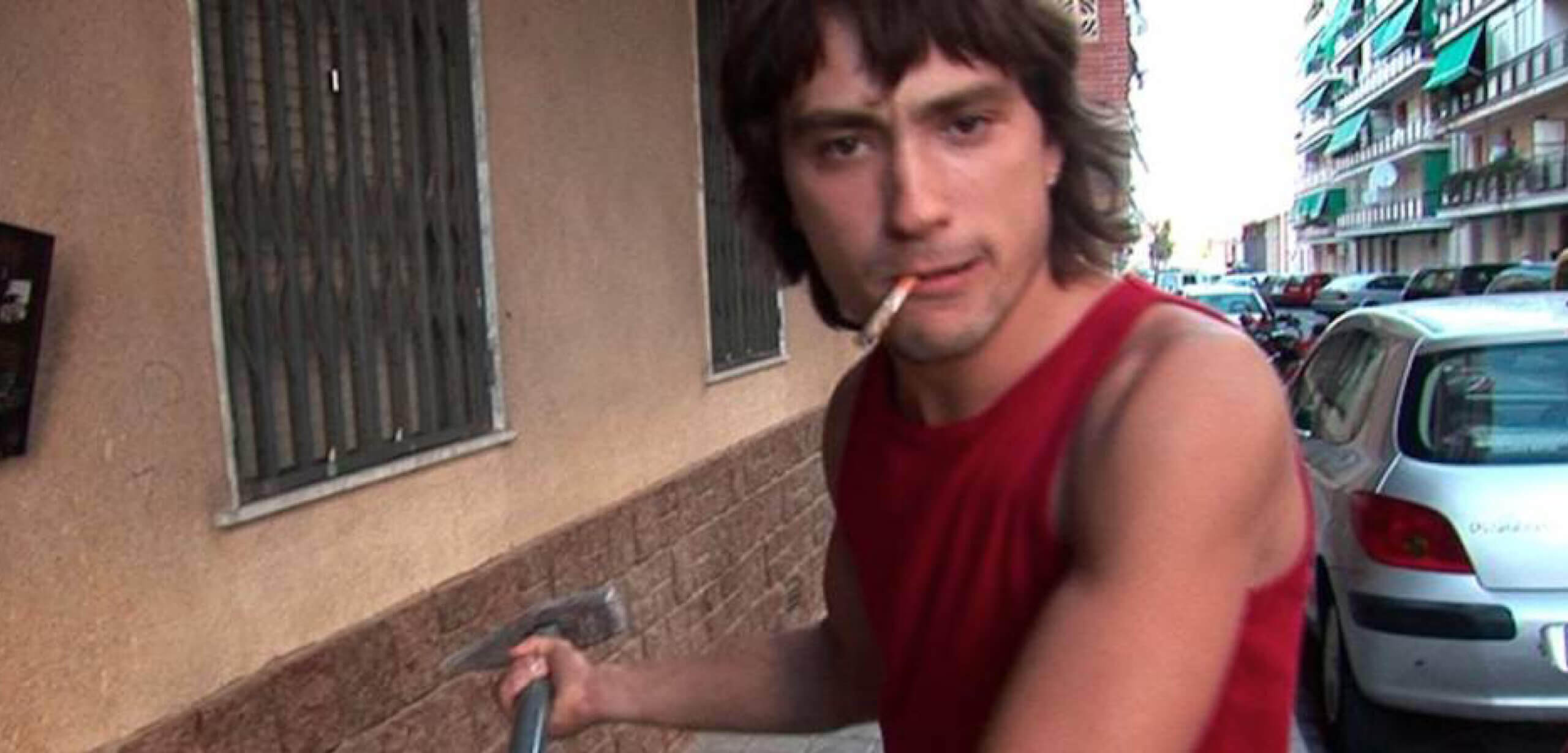
CRIANDO RATAS (RAISING RATS)
dir. Carlos Salado, 2016
Spain. 80 mins.
In Spanish with English subtitles.
TUESDAY, APRIL 4 – 7:30 PM w/Q&A (This event is $10)
MONDAY, APRIL 17 – 10 PM
THURSDAY, APRIL 27 – 7:30 PM
GENERAL ADMISSION TICKETS
SPECIAL EVENT TICKETS (TUESDAY, APRIL 4)
In 2016, Carlos Salado recovered the essence of Cine Quinqui with his feature film debut CRIANDO RATAS. With a modest budget of 5000 euros and a street cast of locals from the marginal neighborhoods of Alicante, Salado shot off and on over the course of six years. Though production had to be halted after Cristo, the film’s leading actor, was imprisoned for two years, the film eventually wrapped and became YouTube’s success, lauded by critics and general viewers alike.
Screening with:
YO ME DROGO (I GET DRUGGED)
dir. Carlos Salado, 2022
Spain. 11 mins.
In Spanish with English subtitles,
Following the success of CRIANDO RATAS, Salado has gone on to collaborate with popular Spanish musicians, making short works blurring the line between music videos and short films. These have allowed him to expand the world of his break-out film, offering alternative visions of where Cristo might have ended up following its finale. In YO ME DROGO, Cristo gets caught up in a drug scheme that’s punctuated by a roaring flamenco score from Uña y Carne. Its bleak and blunt qualities epitomize Salado’s filmmaking style.

CASILDA GARCÍA LÓPEZ is a Brooklyn-based Creative Producer from Madrid. At just 20 years old, Casilda graduated from NYU’s Tisch School of the Arts with a BFA in Film & TV and minors in Spanish and BEMT (Business for Entertainment, Media, and Technology.) García López has a profound passion for Hispanic cultures interviewing prominent figures in the Spanish landscape such as philosopher Ernesto Castro, (ex)flamenco Niño de Elche and electro-queer icon Samantha Hudson. Having worked professionally in development, acquisitions and production in multi-content campaigns of wide-ranging budgets, she yearns to partake in visually and intellectually stimulating content from its creative conception to its final delivery. As Madrid’s León Felipe Youth Poetry Award winner, Casilda believes that all true art is some way or another poetry.
Co-produced by Casilda García and New York University’s King Juan Carlos I of Spain Center. This series is brought to you in collaboration with NYU KJCC, a NY-based cultural institution promoting research and teaching on the Spanish-speaking world.
Special thanks to Casilda García, Director of NYU KJCC Jordana Mendelson, Associate Director of NYU KJCC Laura Turegano, Brian Beloverac at Janus Films, Rosa Quejia at A ContraCorriente Films, Albert Tercero, Carlos Salado, and Alfred Giancarli.


